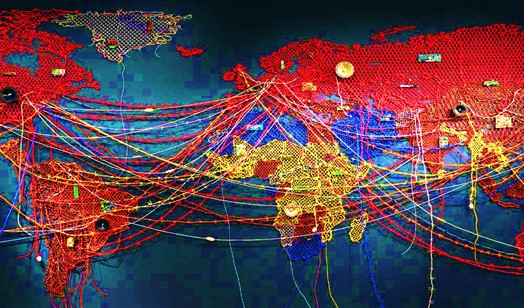
COURSE DESCRIPTION: What do we talk about when we talk about World Literature? The conversation has changed. Older models aspired toward a representative survey of national world-masterpieces in which the notion of literary text held a fixed meaning. Emerging conversations view world literature as a discipline holding the potential to transform our very view of the world and literature itself. Focusing on the case of the Hispanic cultures, this seminar will expose participants to emerging discussions in World Literature that (1) question how we think about literary texts in circulation in different geographical contexts, (2) investigate how different world system frameworks, such as empire and coloniality, reshape the practice of literature, and (3) track how corporate and transnational market policies impact both artistic and social practices in the Iberian Peninsula and Latin America. By discussing a variety of cross-cultural exchanges, our course methodology will focus on four central questions: production, circulation, translation, and migration. Embedded in linguistic and socio-economic networks, all case studies emerge from different contact zones across languages and national borders. Special attention will be given to authors and art practices from the 20th and 21st century such as Julio Cortázar [Argentina], Gabriel García Marquez [Colombia], Alejandro Zambra [Chile], Mario Vargas Llosa [Peru], Isabel Allende, [Chile], Samanta Schweblin [Argentina] among others, finishing with a discussion of the film Roma by the Mexican director Alfonso Cuarón.
- Teacher: Hernán Medina